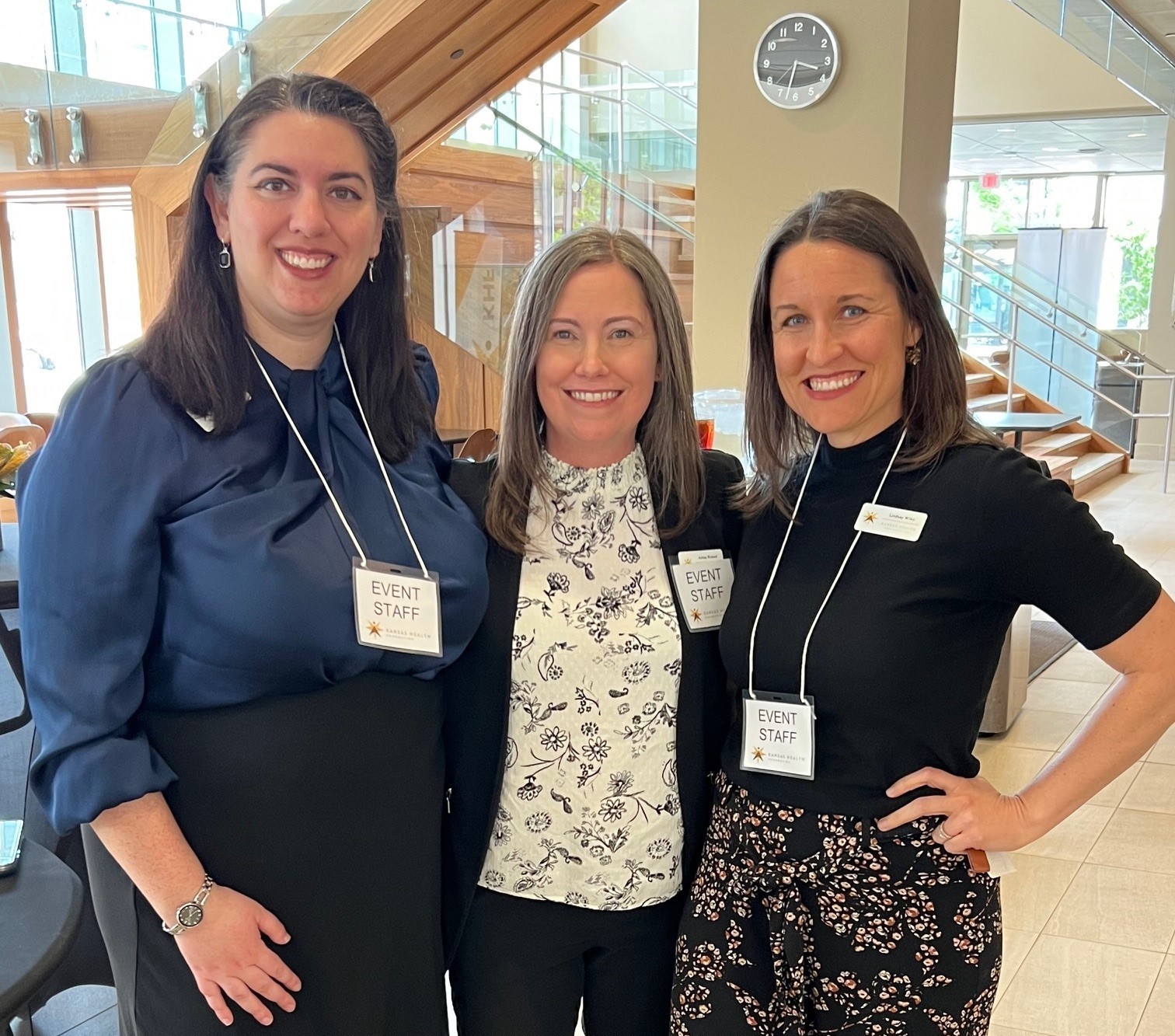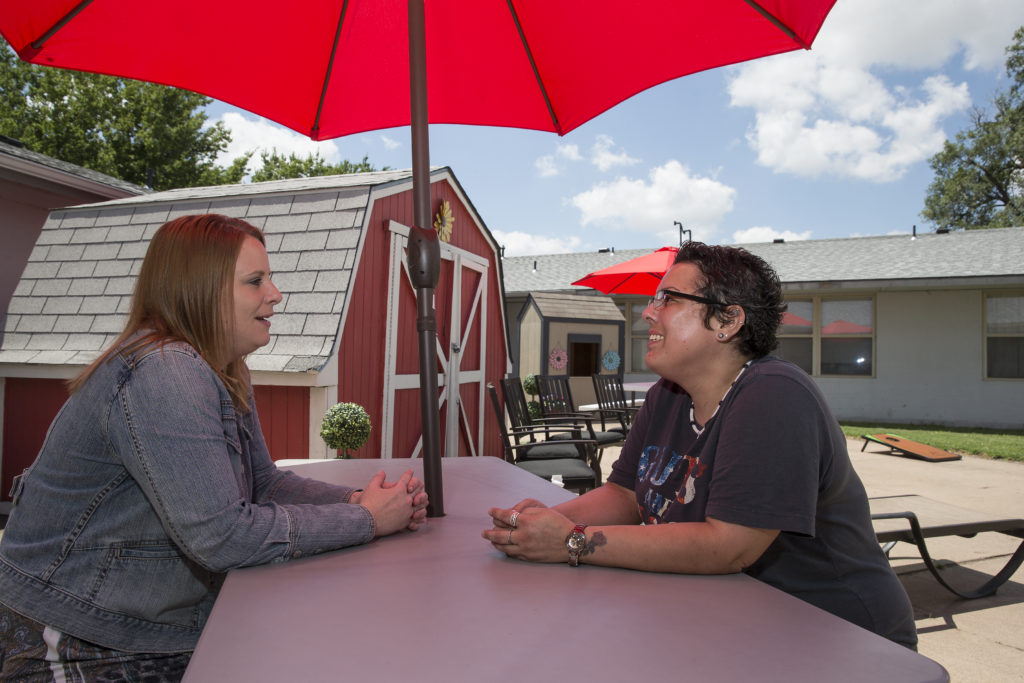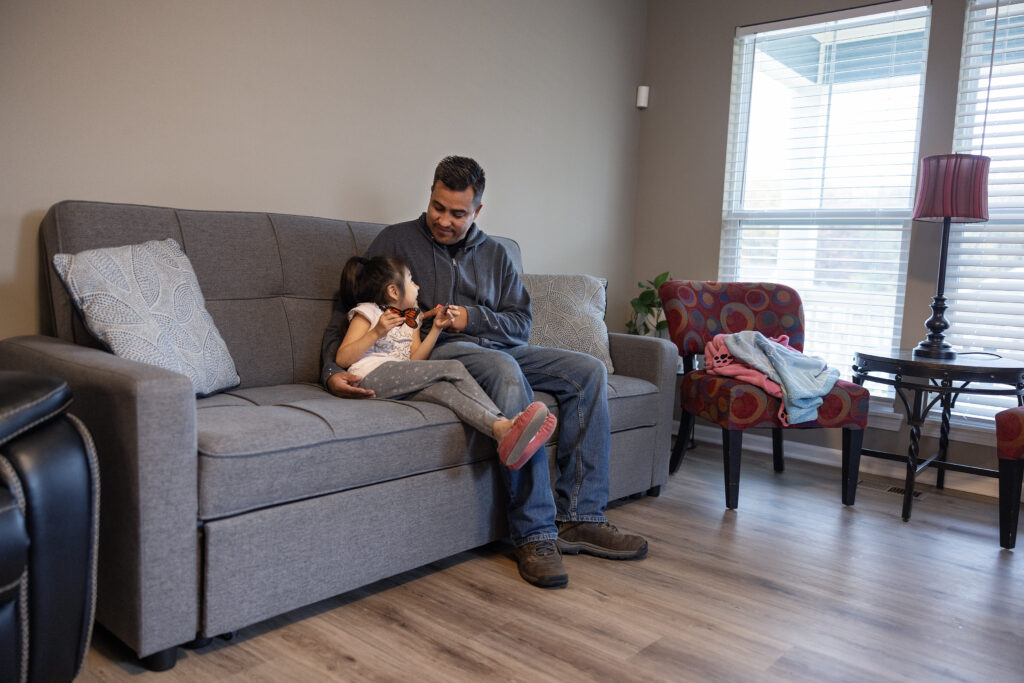More than a month ago, Monica Wilson was at one of the lowest points of her life. She was using meth and marijuana and had recently lost custody of her 11-year-old daughter. Things only started to turn around when she got connected to DCCCA’s Women’s Recovery Center (WRC).
She’d been at the substance use treatment facility three years ago, but things were different this time. In group therapy, she learned about healthy lifestyles, the negative effects of tobacco and the high success rate of quitting both tobacco and illegal drugs at the same time.
After listening to the instructors, Wilson took advantage of enrolling in a separate group that focuses on attempting to quit smoking. Before she knew it, she was taking one of several nicotine replacement medications offered at the center and went from half-a-pack of cigarettes to an occasional one or two, and now none at all.
“After I did it, I felt free. I wasn’t enslaved to something. Something wasn’t calling my name,” Wilson said.
When she arrived three years ago, the center wasn’t addressing the client’s tobacco use – neither was the men’s treatment center, Options Adult Services. Smoking was used as a treat for clients.
But thanks to a $156,633 Kansas Health Foundation grant, Wichita DCCCA staff received tobacco treatment specialist training and both facilities started screening for tobacco use, teaching the “Breathe Easy, Live Well” curriculum, and offering education and nicotine replacements.
KHF’s Tobacco Treatment and Recovery in Behavioral Health Initiative supports efforts to reduce tobacco use by Kansans with mental health and/or addiction issues.
Donna Gorman, WRC’s clinical coordinator, said staff members were blown away by how well the clients responded.
Almost 1 in 3 new clients last quarter enrolled in the quit-attempt group. Around 62 percent of these women who utilized nicotine replacement therapy, and those before them, told staff they had more energy, money, could breathe better and didn’t notice how badly their clothes smelled when they were smoking.

















